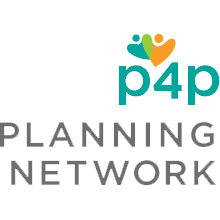
Many of us are in panic mode right now. We’re alarmed by rising COVID-19 cases and exhausted by managing pandemic life.
The good news? There are things we can do right now to get us through the second wave. Here are eight health tips to think about and to discuss with a health care provider.
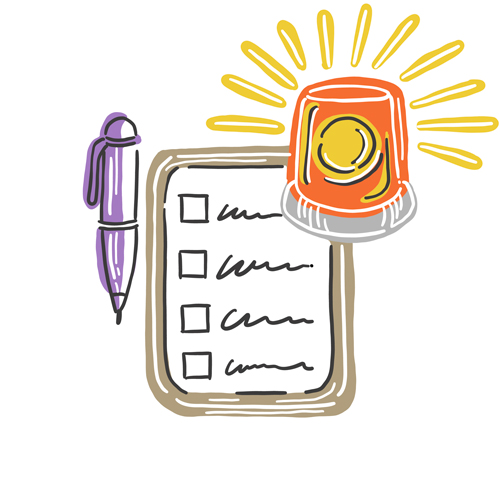
Fill out The Advance Care Planning Tool and the Hospital Transfer Form. They include information on health care decision-making, on how your family member communicates, and more.
Read about other resources to take to hospital.
Check out these videos, social stories and resources about helping your loved one wear a mask. For more advice on staying safe, reach out to your family doctor.
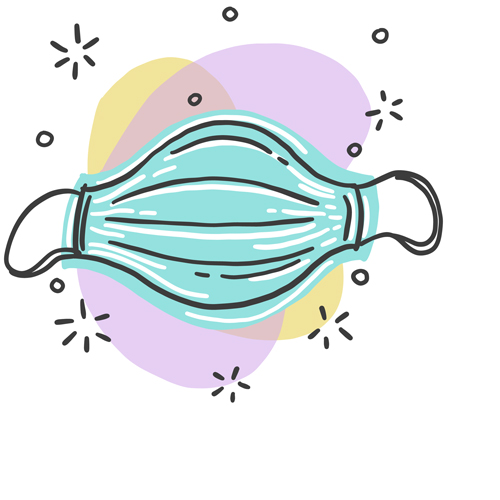
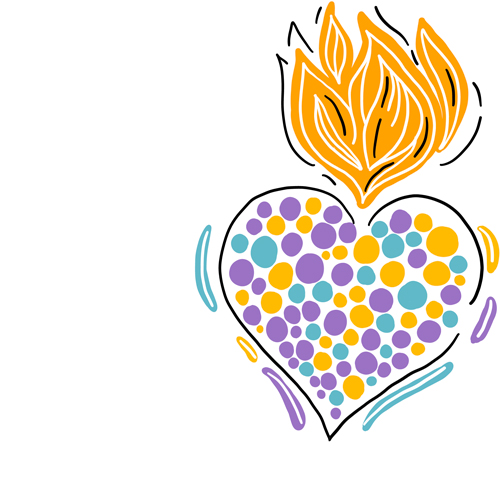
Having something meaningful to do each day gives us purpose and contributes to our sense of well-being. It may be tidying our room, doing a fun activity or helping someone else.
Make a list with your loved one about activities that are meaningful for them.
Check out the Do-Live-Well framework for information on meaningful activity and on how it connects to health and well-being.
Stock up on cold weather gear: warm coat, winter boots, hats, gloves and scarves. Keep active indoors. Check out free online fitness classes such as Gentle Yoga.
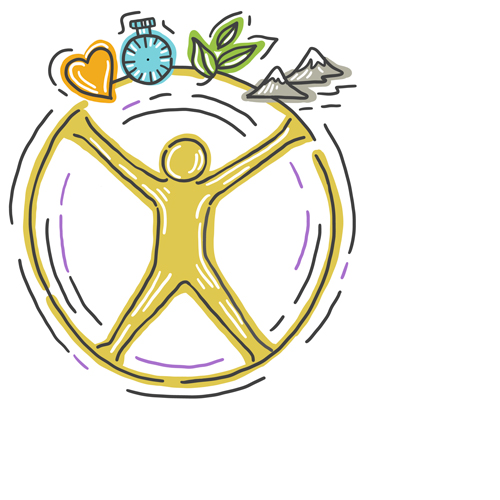
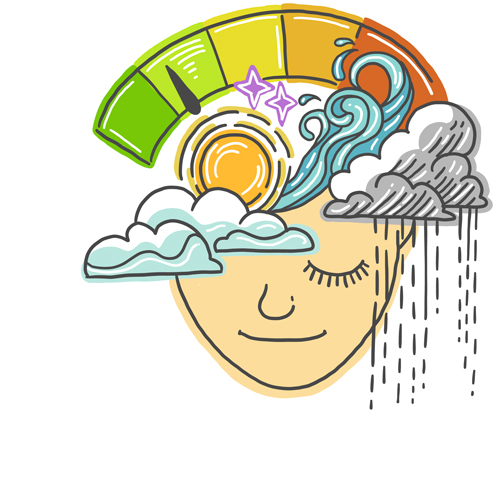
See these Covid-19 self-help booklets to help your loved one deal with difficult emotions. Contact your doctor with concerns.
Check in with a doctor on how well daily medications are working. Bring a list of medications when seeing any health care provider. Refill prescriptions before you run out. Ask your pharmacy about home delivery.
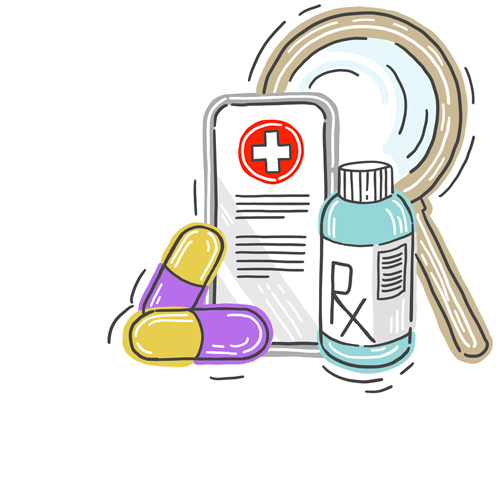
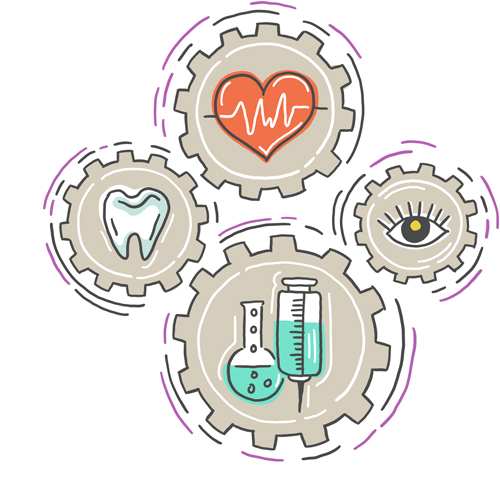
Good care includes:
- Getting a flu shot
- Checking eyes, ears, skin and teeth
- Monitoring weight and sleep patterns
- Paying attention to discomforts related to bowel movements or urination
- Helping your family understand what COVID-19 is and how to avoid becoming infected
- Reviewing what happens if you need to be tested for COVID-19 and have to isolate if positive
- Consider getting the COVID-19 vaccine when it is available. (For more information about the vaccine, check out this great introduction put together by our friends at H-CARDD).
Especially now, effective technology is essential for seeing health care providers, connecting with others, learning and entertainment. Technology can be a powerful tool to ease isolation. But we need not only the right equipment, but also the right skills. Check out this blog for ideas on using technology to create connections.
Winter is coming. But you’ve got this! This checklist will help you and your family be prepared and stay healthy. Be well.
OTHER MANAGING THE NEXT WAVE TIP SHEETS
Connecting Virtually with Other Families
Need Someone To Speak With
Get Creative and Get Involved
Intentionally Connected
Self-care during Covid-19
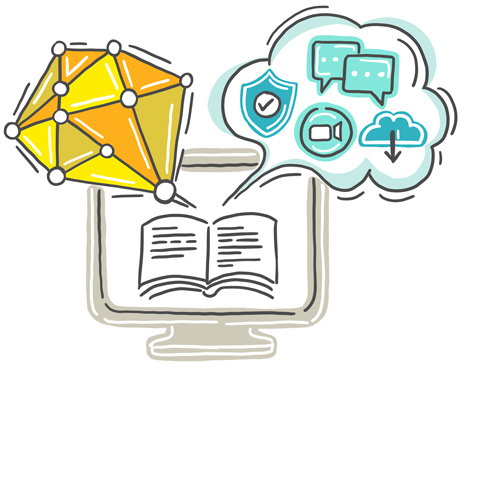
If you have other ideas on staying connected during Covid please let us know at info@p4p.ca


